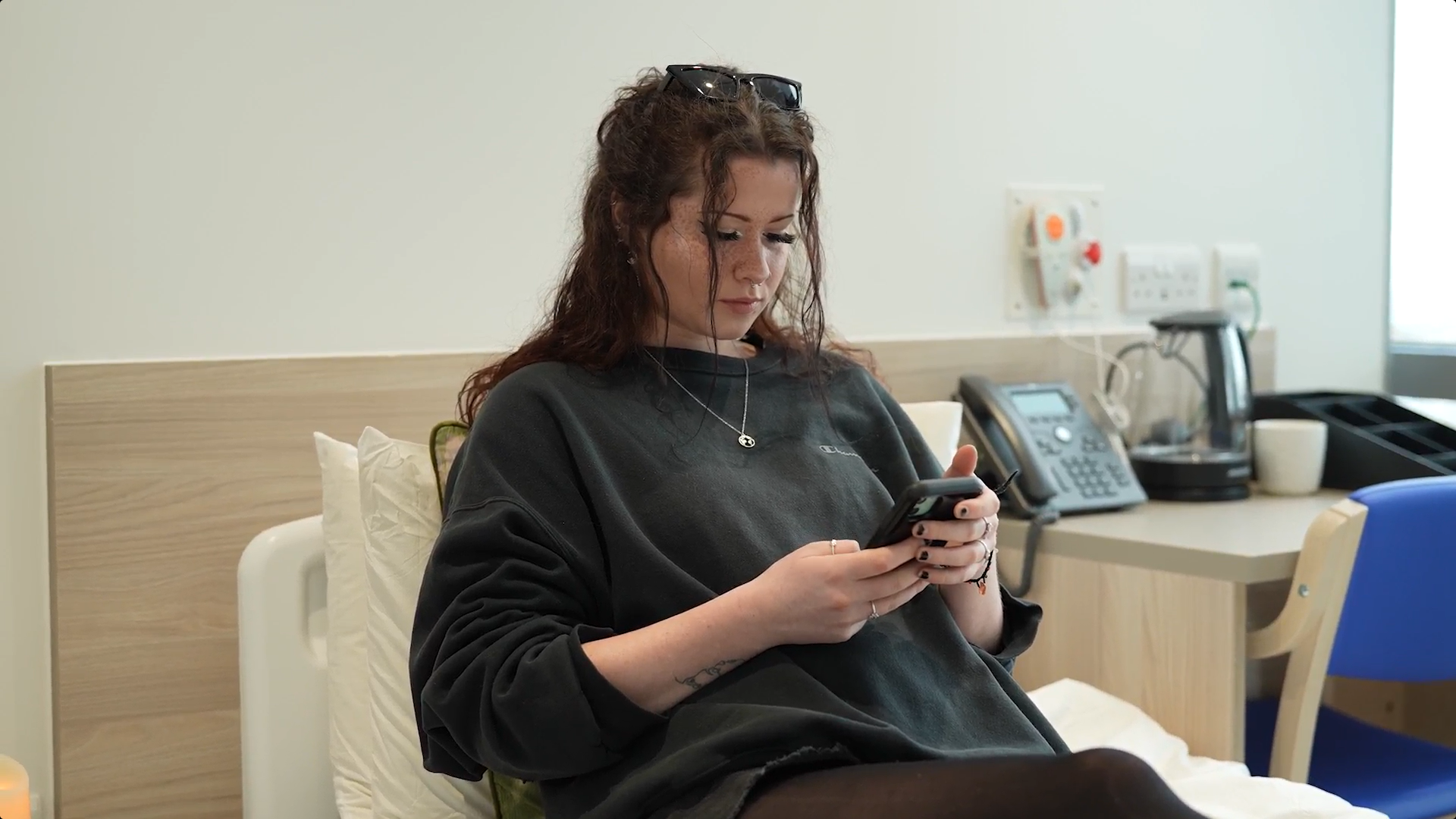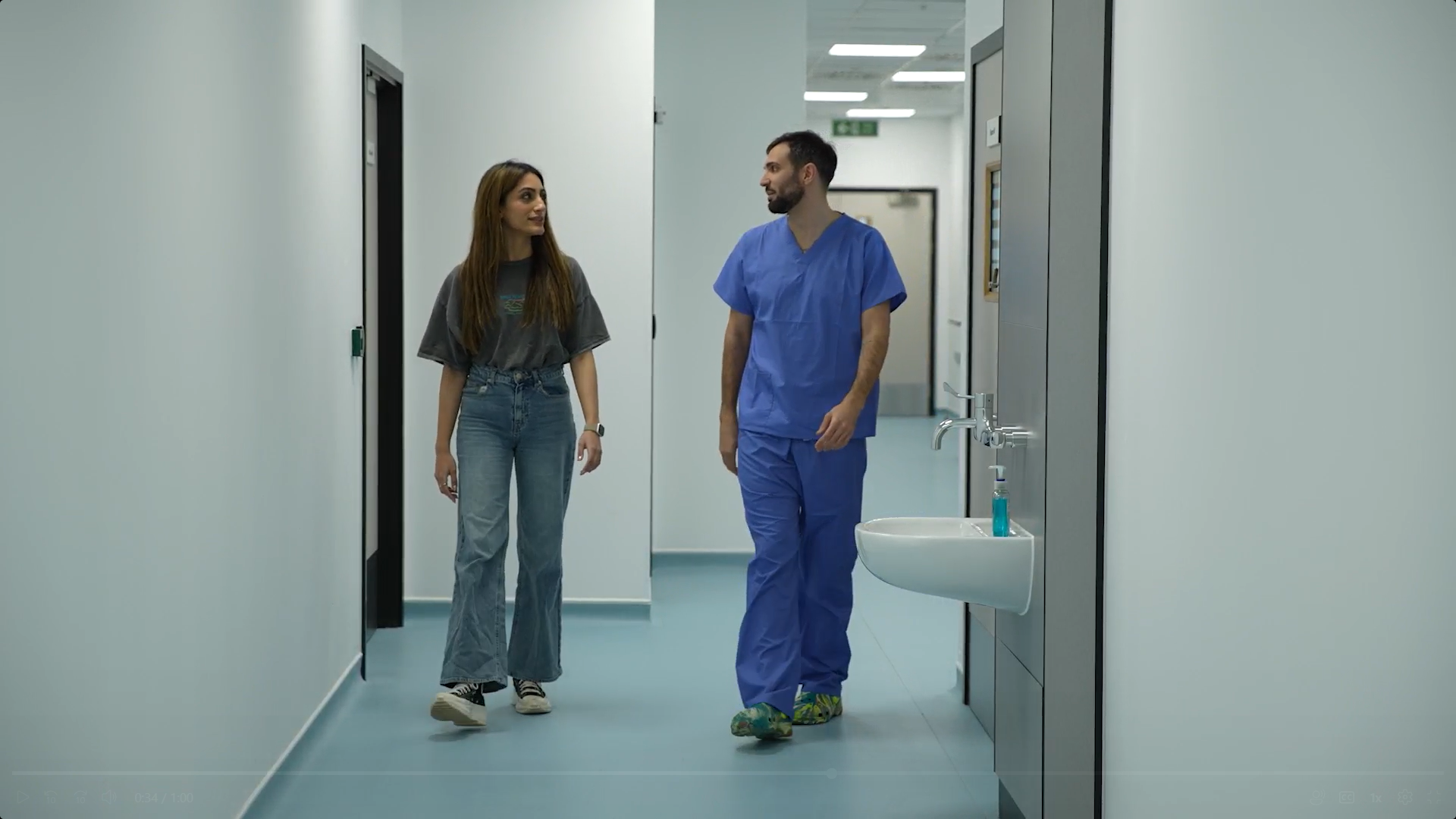The pharmaceutical industry is, like, many other industries, at a turning point, thanks to technological advances brought about by the revolution of ‘digital health’. This is radically affecting the way pharmaceutical companies are considering their outlook for the future, particularly for the research and development of new drugs and therapies.
In-depth monitoring
The ability to monitor patient health remotely and in more depth, as well as the increase of day-to-day metrics being recorded by the population at large, using health apps on their smartphones and tracking tech, means a huge increase in statistics available to researchers. Patients are also more open to the use of digital monitors and tracking equipment to record them during trials and beyond.
This should increase the ability of research companies to track patients remotely, as they move through their day to day lives, allowing them to better understand daily fluctuations and how the environment can trigger reactions in the body. For asthmatics, it may help to understand the exact timeline of triggering an asthma attack for them.
A bespoke approach
Increasingly, the industry demand for ‘personalised’ medication over the mass market ‘one size fits all’ approach is driving the development of genomics research, and solutions based on our genetic makeup. Understanding that each human body does not react the same to medication, and is both genetically and metabolically different, has opened the door to a tailored medication style. The future of this style of treatment is hugely reliant on funding, and innovative development in the field.
However, it is possible that the future of pharmaceuticals will not be solely reliant on ‘big pharma’ investment. As part of the digital revolution, smaller drugs companies are able to access larger pools of data, and run simulated tests which negate the need for larger laboratories or expensive rounds of testing. We have seen the first 3D printed drugs released, which may in the future negate the need for mass production of drugs. It has been suggested that your local pharmacy may have the ability to 3D print drugs tailored specifically to the individual patient needs.
Ultimately, the future of the pharmaceutical industry and its relationship with tech offers the potential for a personalised approach to drug research and development. The amount of data that is now freely available on the web also opens the door for smaller budget companies to develop drugs, without the high level of funding required by big budget pharma. For sufferers of conditions like asthma, this will hopefully allow new insight into how the condition varies between individuals, and the development of treatments accordingly.
















